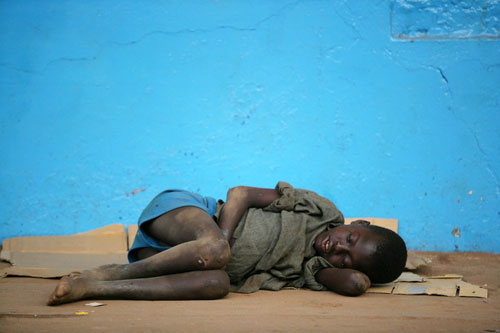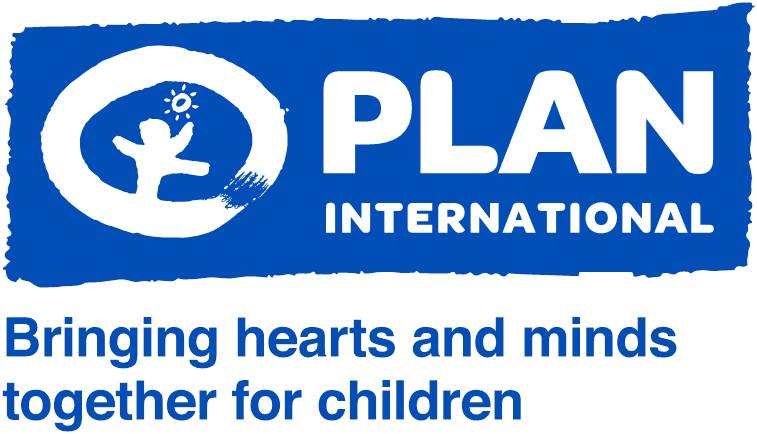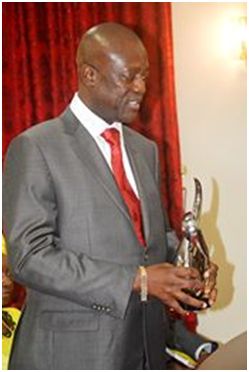African Child’s Day, what does it hold for street kids in Sierra Leone?
June 16th is commemorated for all black kids on the continent of Africa. This day should be a sober reflection for all children in Africa irrespective of status, colour or sex. Children in schools are given a holiday to celebrate this all important day. They are decorated in regalia mimicking which roles they intend to occupy in the society when they become grownups. The streets are coloured with brilliant children dressed in various kind of attire projecting different works of life.
But the question that often comes to mind is what does this day hold for children off schools?
The children in the street are out rightly discriminated against in commemorating the African Child’s Day. Most international and local organisations always design programmes for kids in schools neglecting the ones in the streets. Are the streets kids not African children? These children in the street are not catered for either by government or other well meaning organisations.
We in the civil society should try to tailor programmes that will cater or befit our younger brother and sisters in the streets. Street kids especially in Sierra Leone are mostly not on the street on their own accord. Most kids that run to the street s from their family homes do that in search of economic gains. Most families are poor and cannot afford or do not have the means to support the livelihood of their very children.
‘’Street life is dirty, violent and short’’ say George Nyakora, Director of S.O.S Children’s Village in Kenya. In Sierra Leone, hundreds of thousands of people do not have roof over their heads. Plenty of these people are ravaged by poverty, war, and globalization. It is the world most vulnerable inhabitants the children who have to struggle the most. Most are sent by their impoverish parents to work or beg for alms. Others have lost their families through war or illness, and some have simply being abandoned because they have become too much of a burden. These street children scrabble to maintain the most of basic form of existence. They wash cars and do menial jobs just to make ends meet. They also beg and pick pockets. A huge number of these children consume dangerous drugs when they can afford, are therefore malnourished and sick.
What we should do to protect and encourage these children is to ‘’ give them a start’’ most street kids are homeless, poor and destitute in Sierra Leone and nobody wants to associate with them. There is an alarming increase of street children in urban area of Sierra Leone. Over the past weeks, we have visited over nine hundred street kids in over forty ghettoes or youth joints in the capital city alone. Most if not all complained that their presence on the street is as a result of poverty. That their families could not cater for their needs. A twelve (12) year old boy Alusine Samura alias ‘’Bobor Pain’’ told me ‘’if I had not jumped to the street I would have been a dead man by now’’. He further explained that his parents could not offer him a meal a day that is why he decided to to join up with his brothers and sisters in the street. ‘’The street is hard he concluded but it is better to face the street instead of die of hunger at home’’.
The rescue and rehabilitation of street children is an uphill task. The very nature of their desperate existence has played a significant role in shaping their characters. They tend to be strongly independent. They would not survive into useful citizens if they are not helped. Attempts to lead them into new environments which are face with social constrain and different patterns of behaviour can lead to failure. They find a return to the streets more attractive than a difficult integration into society that is foreign to them.
A tolerant step by step approach is essential. And gradually, as the children are relieved of the day to day pressures of managing their own survival, they become increasingly keen to learn and take part in social activities.
‘’These young people have potential’’. Says George Nyakoro,’’ all they need is someone who will listen to them and a little help.
BY: HINDOWA E. SAIDU
NOTE: The author is a youth activist and director of Foundation for Democratic Initiatives and Development Sierra Leone. He can be reached on+232-76-8040-66 or fdidsl@gmail.com
Stay with Sierra Express Media, for your trusted place in news!
© 2012, https:. All rights reserved.





